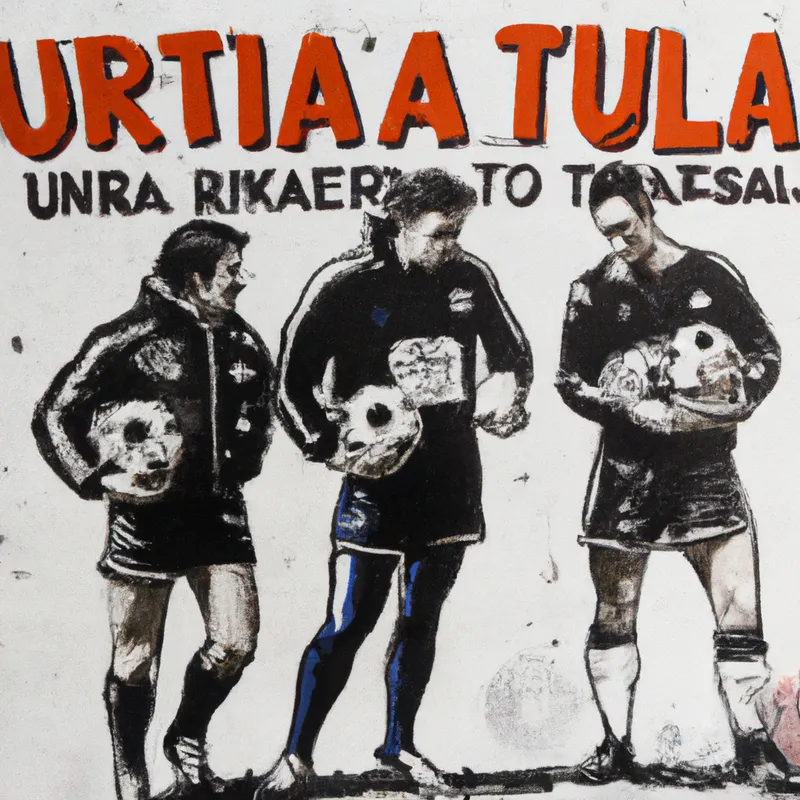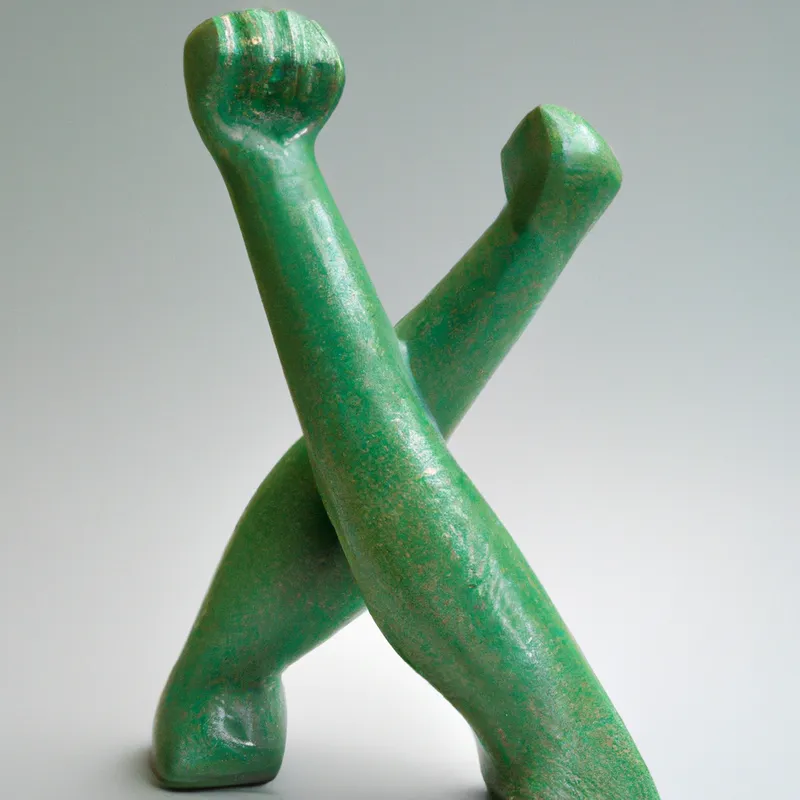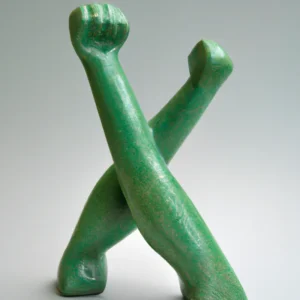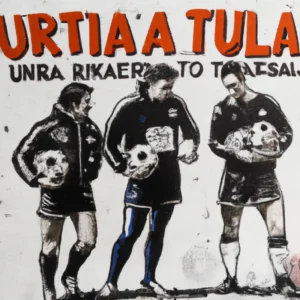Explore Loyalty: Ultras and Italy’s Football Culture
The Cultural Significance of Football Ultras in Italy
Football in Italy transcends mere sport. It embodies passion, identity, and community. Ultras, dedicated fans, actively shape this culture. Their influence permeates stadiums, social dynamics, art, and politics. This blog examines the cultural significance of football ultras in Italy, focusing on their traditions, interactions, and contributions.
The Origins of Ultras in Italy
The term “ultras” emerged in the 1950s. It describes passionate supporters of football clubs. These fans gather in large numbers, creating vibrant match atmospheres. They showcase elaborate displays, chants, and unwavering loyalty. Decades of commitment established a distinct ultras subculture with unique rituals.
The Role of Tradition
Tradition underpins the ultras movement. Each group cultivates its own history, symbols, and chants. For example, the Curva Sud of AC Milan and the Curva Nord of Inter Milan creatively express their rivalry. These traditions enhance identity and foster a sense of belonging among supporters. New members learn customs, preserving the ultras’ rich heritage.
Rituals and Ceremonies
Rituals enrich the ultras experience. Before matches, groups gather to chant and craft banners. These pre-match ceremonies ignite excitement and unity among fans. During games, the electric atmosphere captivates players and spectators alike. This collective energy enhances the matchday experience, making it memorable for everyone.
Social Dynamics and Community Building
Ultras forge strong social bonds within their communities. Fans often share similar backgrounds, creating a sense of belonging. This connection allows them to share experiences during matches and in daily life. Many ultras engage in community events, supporting local charities. Such involvement strengthens ties to their city and its people.
A Space for Expression
Ultras offer a platform for expression. Fans channel creativity to voice opinions on social issues and politics. For instance, banners convey messages about local and national concerns. This activism reveals their desire to influence society and engage in critical discussions.
The Impact of Rivalry
Rivalries between ultras groups spur fierce competition. These rivalries can lead to intense matches and passionate displays. While they may escalate into violence, they also foster deep connections among fans. Supporters often form friendships with rival group members, creating a unique dynamic. This duality highlights the complexity of ultras culture in Italy.
The Benefits of Being an Ultra
Joining an ultras group provides numerous benefits. Fans gain a strong sense of belonging and camaraderie. Friendships formed often last a lifetime. Additionally, participation offers an outlet for creativity. Ultras express themselves through choreographed displays and original chants.
Emotional and Mental Well-being
Engaging with fellow fans positively impacts emotional health. A shared passion for football fosters a supportive environment. The thrill of matchdays boosts adrenaline and happiness. For many, football serves as therapy, helping them navigate life’s challenges.
Fostering Identity and Pride
For many Italians, being an ultra expresses cultural identity. Each club embodies a unique history and community. Supporting a team cultivates pride. Fans revel in their club’s successes, reinforcing loyalty and passion. This connection enhances their sense of self and belonging.
Conclusion
The cultural significance of football ultras in Italy extends beyond stadium confines. They embody passion, tradition, and community spirit. Through rituals, social dynamics, and creative expressions, ultras shape Italy’s football landscape. They promote emotional well-being and a sense of identity among fans. As Italy evolves, ultras will remain vital to its rich football culture. Their unwavering support ensures the beautiful game thrives, inspiring future generations.
Below are related products based on this post:
FAQ
What are the origins of the ultras movement in Italy?
The term “ultras” emerged in the 1950s to describe passionate supporters of football clubs in Italy. These fans gather in large numbers to create vibrant match atmospheres, showcasing elaborate displays, chants, and loyalty. Over decades, they have developed a distinct subculture with unique rituals that define their identity.
How do ultras contribute to their communities?
Ultras forge strong social bonds within their communities, often sharing similar backgrounds. They engage in community events, support local charities, and foster connections among fans and residents. Their involvement strengthens ties to their city and promotes a sense of belonging beyond just football.
What are the emotional and mental health benefits of being an ultra?
Joining an ultras group provides fans with a strong sense of belonging and camaraderie, which can lead to lifelong friendships. Engaging with fellow fans creates a supportive environment that positively impacts emotional health. The thrill of matchdays boosts happiness and serves as a therapeutic outlet for many, helping them navigate life’s challenges.















Post Comment